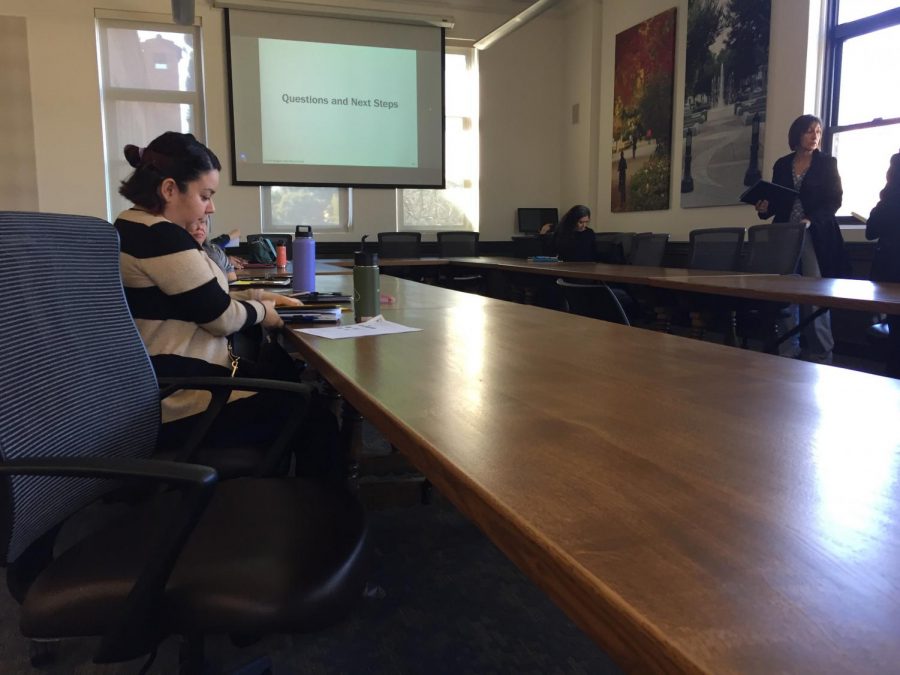The Dream Center participated in a webinar put on by the Immigrant Legal Resource Center on Tuesday morning. The presentation went over the current state of the DACA program, litigation preventing the cancelation of the program and best practices for renewing a DACA application.
There are currently 10 nationwide cases fighting against a shut down of the DACA program, including Batalla Vidal v. Nielsen, that are currently petitioning to be heard by the Supreme Court.
The director of the Dream Center, Teresita Curiel, believes that the current efforts will secure a long future for DACA.
“I am hopeful that our legislature will pass the Dream Act and allow our wonderful students to contribute to the dream of America,” Curiel said.
The decisions made about DACA will influence approximately 700 Chico State students, according to Curiel, a firm DACA supporter.
“These are students that came to the U.S. at a young age,” Curiel said. “They are American. They are bright, intelligent, creative individuals that could contribute immensely to the advancement of the country.”
Many of the potentially affected students are those who immigrated from Mexico. In a 2017 U.S. Citizenship and Immigration Services survey, approximately 548,000 Mexicans were active recipients of DACA; 79.4 percent of the whole program. The number of immigrants estimated to be eligible for DACA is approximately 1 million according to the Migration Policy Institute.
The DACA program began accepting renewals in January of 2018 after the Trump administration moved to shut down the program on Sep. 5, 2017.
Since the program is not officially allowing new applicants, the only people who can renew their DACA are:
- People whose DACA case expired at any time.
- People whose DACA case was terminated.
- People whose current DACA will expire.
More information regarding renewal forms and submission guidelines can be found on the USCIS website.
Those who are not eligible for DACA are still urged by ILRC to seek legal counsel. About 15 percent of people eligible for DACA were found to be potentially eligible for another type of relief, according to the ILRC.
While the ILRC encouraged people to seek legal counsel if they were ineligible for DACA, it also warned people to choose their consultants carefully as some may scam clients by overcharging or use their information to deport individuals.
Curiel told the audience that if anyone knew students wanting to take steps toward legal help to visit the Dream Center since there are no legal institutions recommended by the ILRC in the Northern California region.
Nate Rettinger can be reached at newseditor@theorion.com or on Twitter @NRettinger19






